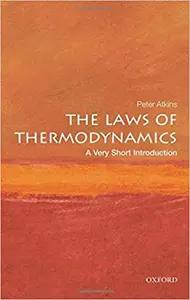The Laws of Thermodynamics: A Very Short Introduction
By Peter Atkins
Category
ScienceRecommended by
"The Laws of Thermodynamics" by Peter Atkins is a comprehensive guide that delves into the fundamental principles governing energy and its transformations. Atkins, a renowned chemist, unveils the four key laws that form the backbone of thermodynamics, offering readers a deeper understanding of this essential field.
By weaving scientific theory with engaging examples, Atkins elucidates the first law of thermodynamics, which asserts that energy cannot be created or destroyed, only transferred or converted between different forms. He explores the concept of heat transfer, work, and the important role of internal energy.
Moving on to the second law, Atkins explores the concept of entropy, highlighting its significance in understanding the direction of natural processes and the limitations of energy conversion. Through accessible explanations, readers gain insight into concepts like Carnot engines, heat engines, and refrigeration cycles.
Addressing the third law, Atkins introduces the notion of absolute zero and its implications on the behavior of matter. He examines the connection between entropy and absolute temperature, illuminating the laws' interplay and their influence on chemical reactions, phase changes, and equilibrium.
Finally, Atkins discusses the implications of the laws of thermodynamics in various fields, including biology, astronomy, and environmental sciences. He illustrates the practical applications and expansive reach of these principles, allowing readers to appreciate the universal nature of thermodynamics.
"The Laws of Thermodynamics" equips readers with the foundation required to grasp the intricate workings of energy transfer and transformations. Through clear explanations and relatable examples, Peter Atkins delivers a concise yet comprehensive exploration of this indispensable branch of science, making it an indispensable resource for students, academics, and enthusiasts alike.
By weaving scientific theory with engaging examples, Atkins elucidates the first law of thermodynamics, which asserts that energy cannot be created or destroyed, only transferred or converted between different forms. He explores the concept of heat transfer, work, and the important role of internal energy.
Moving on to the second law, Atkins explores the concept of entropy, highlighting its significance in understanding the direction of natural processes and the limitations of energy conversion. Through accessible explanations, readers gain insight into concepts like Carnot engines, heat engines, and refrigeration cycles.
Addressing the third law, Atkins introduces the notion of absolute zero and its implications on the behavior of matter. He examines the connection between entropy and absolute temperature, illuminating the laws' interplay and their influence on chemical reactions, phase changes, and equilibrium.
Finally, Atkins discusses the implications of the laws of thermodynamics in various fields, including biology, astronomy, and environmental sciences. He illustrates the practical applications and expansive reach of these principles, allowing readers to appreciate the universal nature of thermodynamics.
"The Laws of Thermodynamics" equips readers with the foundation required to grasp the intricate workings of energy transfer and transformations. Through clear explanations and relatable examples, Peter Atkins delivers a concise yet comprehensive exploration of this indispensable branch of science, making it an indispensable resource for students, academics, and enthusiasts alike.
Share This Book 📚
More Books in Science
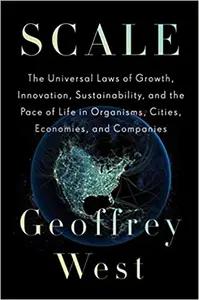
Scale
Geoffrey West
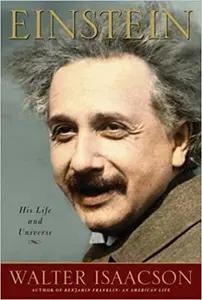
Einstein
Walter Isaacson
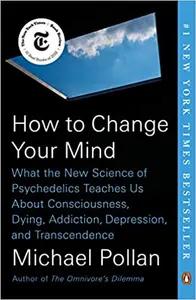
How to Change Your Mind
Michael Pollan

The Checklist Manifesto
Atul Gawande

When Breath Becomes Air
Paul Kalanithi
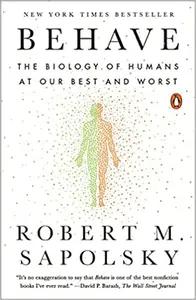
Behave
Robert Sapolsky
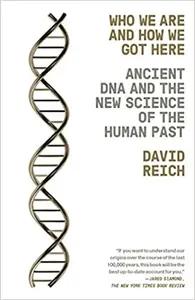
Who We Are and How We Got Here
David Reich
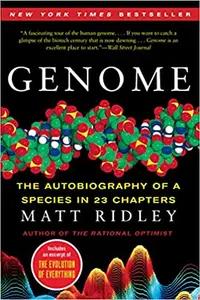
Genome
Matt Ridley

The Beginning Of Infinity
David Deutsch

The Origin of Consciousness in the Breakdown of the Bicameral Mind
Julian Jaynes
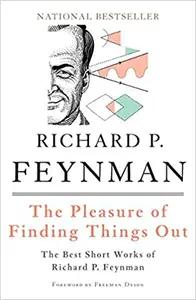
The Pleasure of Finding Things Out
Richard P. Feynman
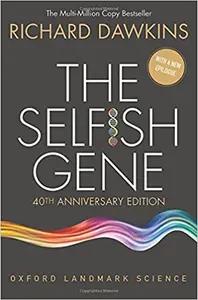
The Selfish Gene
Richard Dawkins
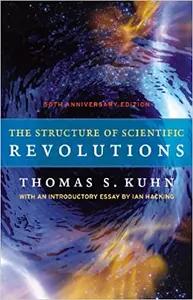
The Structure of Scientific Revolutions
Thomas Kuhn

I Contain Multitudes
Ed Yong

If The Universe Is Teeming With Aliens...Where Is Everybody?
Stephen Webb
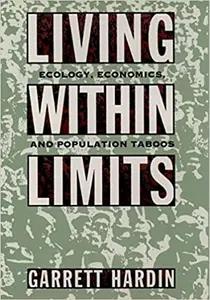
Living Within Limits
Garrett Hardin

Moonwalking with Einstein
Joshua Foer

QED
Richard Feynman

Six Easy Pieces
Richard P. Feynman
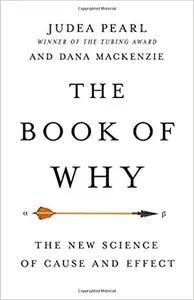
The Book of Why
Judea Pearl
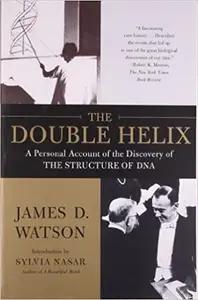
The Double Helix
James D. Watson Ph.D.
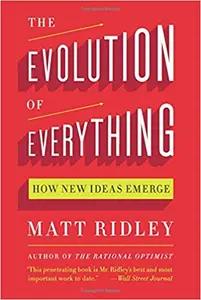
The Evolution of Everything
Matt Ridley
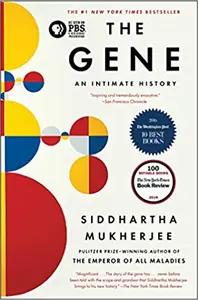
The Gene
Siddhartha Mukherjee

The God Delusion
Richard Dawkins
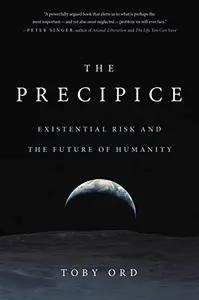
The Precipice
Toby Ord

Thing Explainer
Randall Munroe

What Do You Care What Other People Think?
Richard P. Feynman

100 Plus
Sonia Arrison
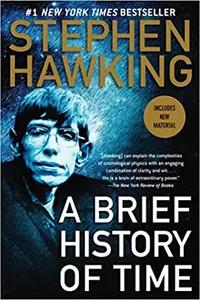
A Brief History of Time
Stephen Hawking
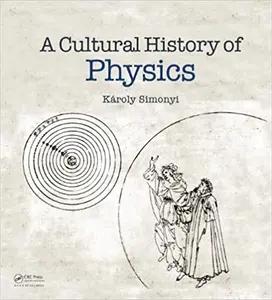
A Cultural History of Physics
Karoly Simonyi
Popular Books Recommended by Great Minds 📚
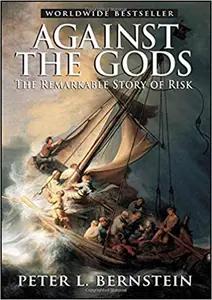
Against The Gods
Peter Bernstein
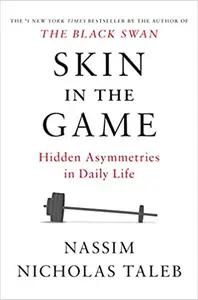
Skin In The Game
Nassim Taleb
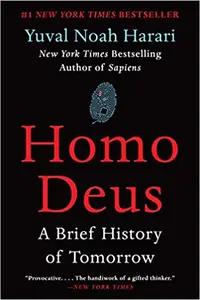
Homo Deus
Yuval Noah Harari

The Prince
Nicolo Machiavelli

Thinking In Bets
Annie Duke

Only the Paranoid Survive
Andy Grove

The True Believer
Eric Hoffer

The Lord of the Rings
J.R.R. Tolkien

Shoe Dog
Phil Knight
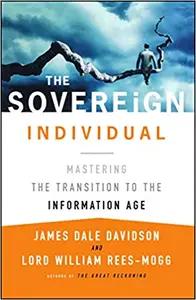
The Sovereign Individual
James Dale Davidson & William Rees-Mogg
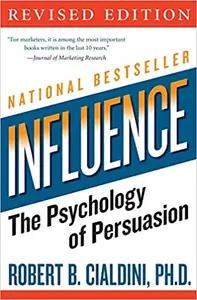
Influence
Robert Cialdini

The Coddling of the American Mind
Greg Lukianoff & Jonathan Haidt
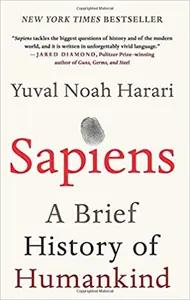
Sapiens
Yuval Noah Harari
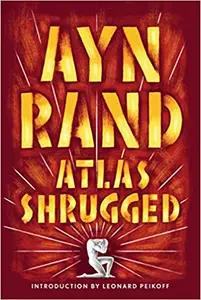
Atlas Shrugged
Ayn Rand

Behave
Robert Sapolsky

Antifragile
Nassim Nicholas Taleb
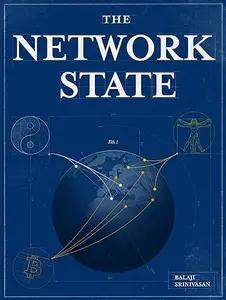
The Network State
Balaji Srinivasan

The Outsiders
William Thorndike

Poor Charlie's Almanack
Charlie Munger
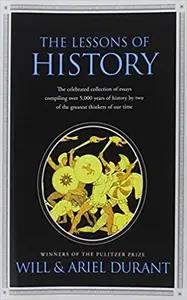
The Lessons of History
Will & Ariel Durant
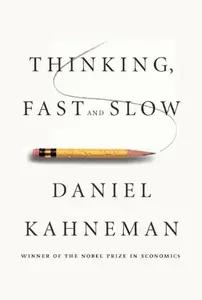
Thinking, Fast and Slow
Daniel Kahneman

Man's Search for Meaning
Viktor Frankl
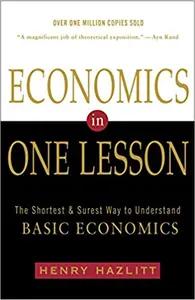
Economics in One Lesson
Henry Hazlitt

Who We Are and How We Got Here
David Reich

Crossing the Chasm
Geoffrey Moore

Siddhartha
Hermann Hesse

Security Analysis
Benjamin Graham

Why We Sleep
Matthew Walker

The Holy Bible
Various

Meditations
Marcus Aurelius
